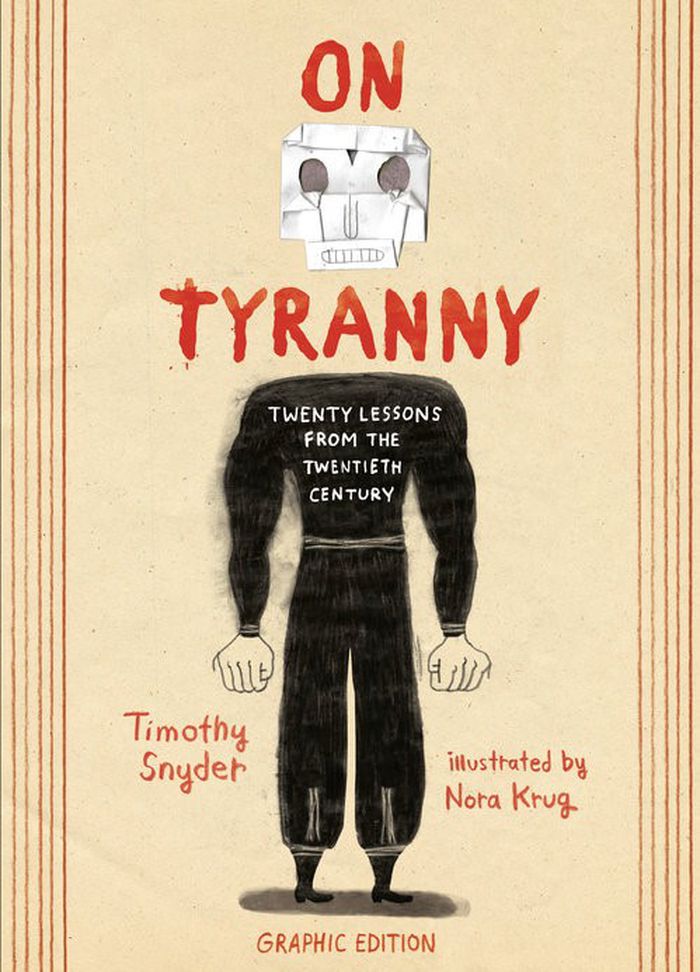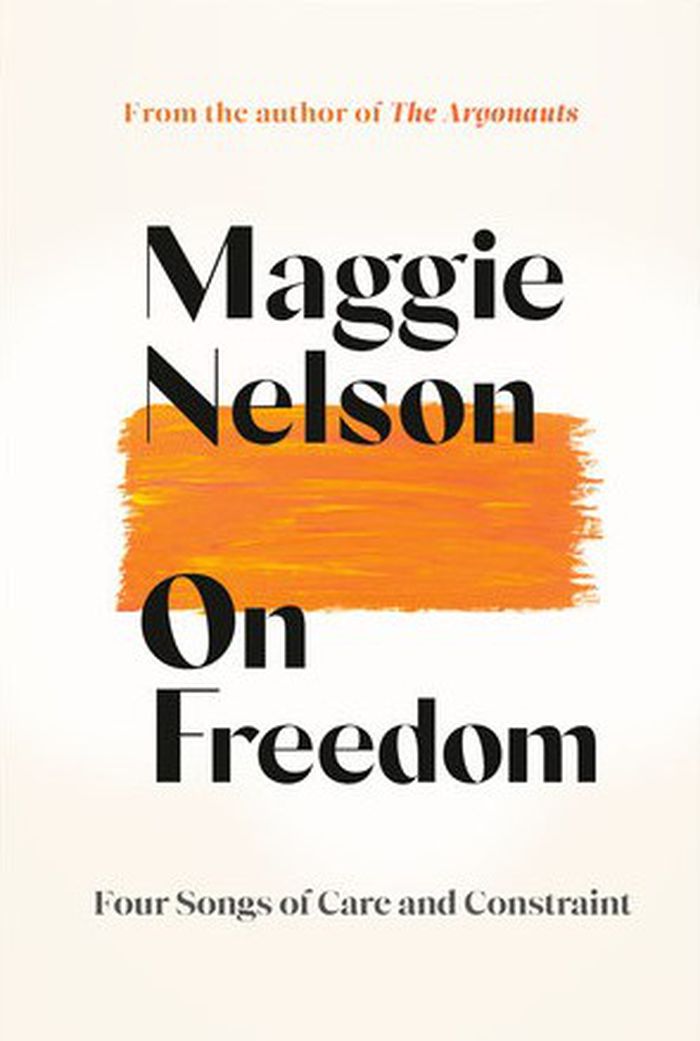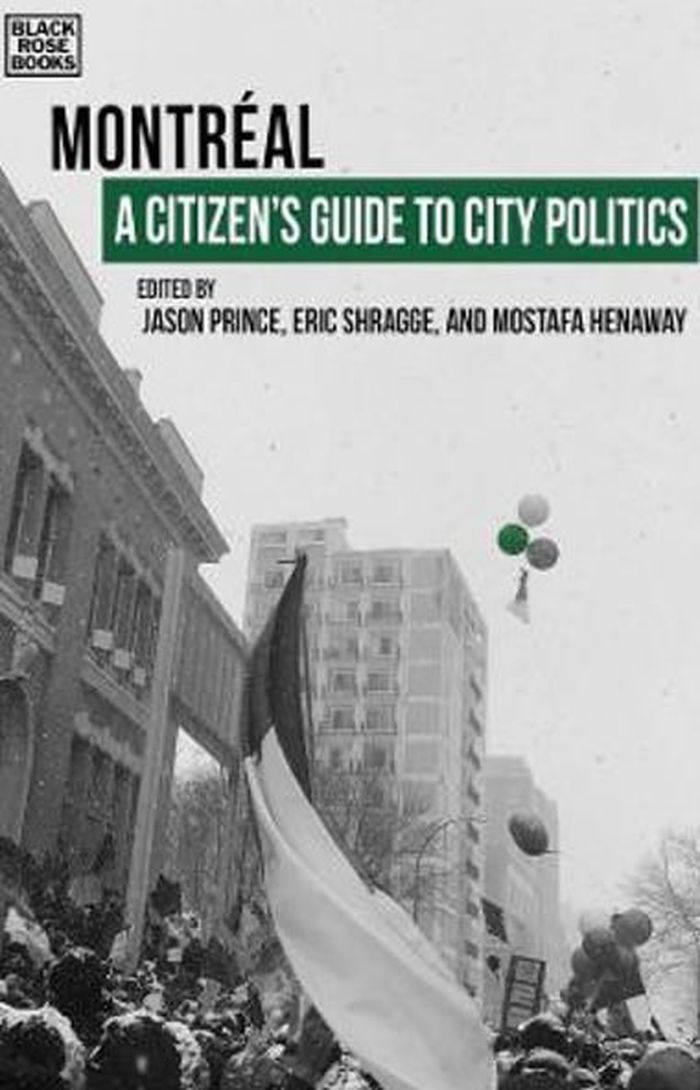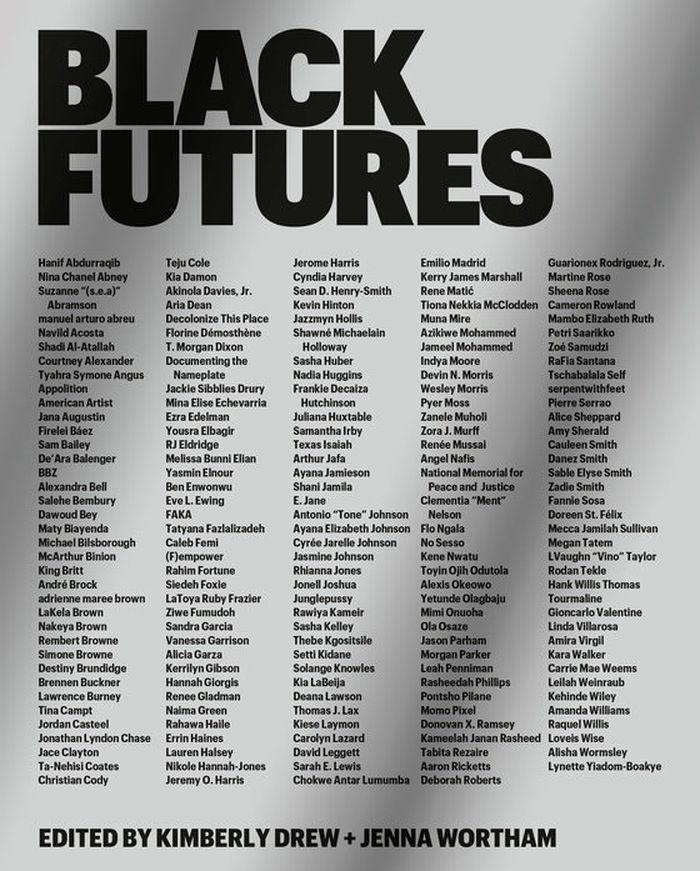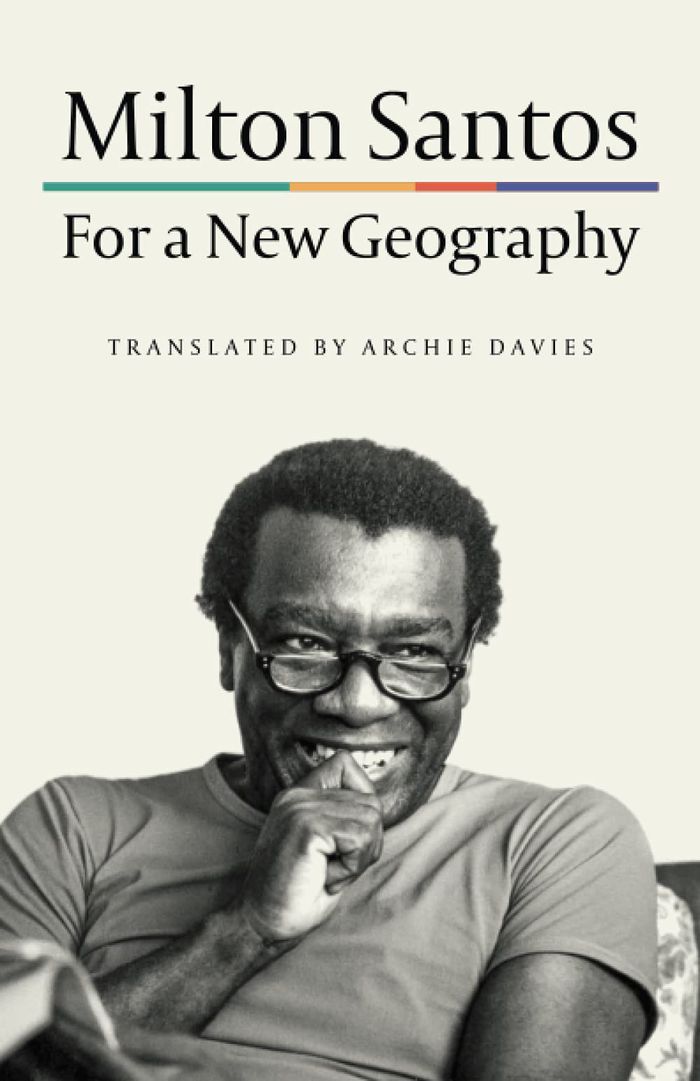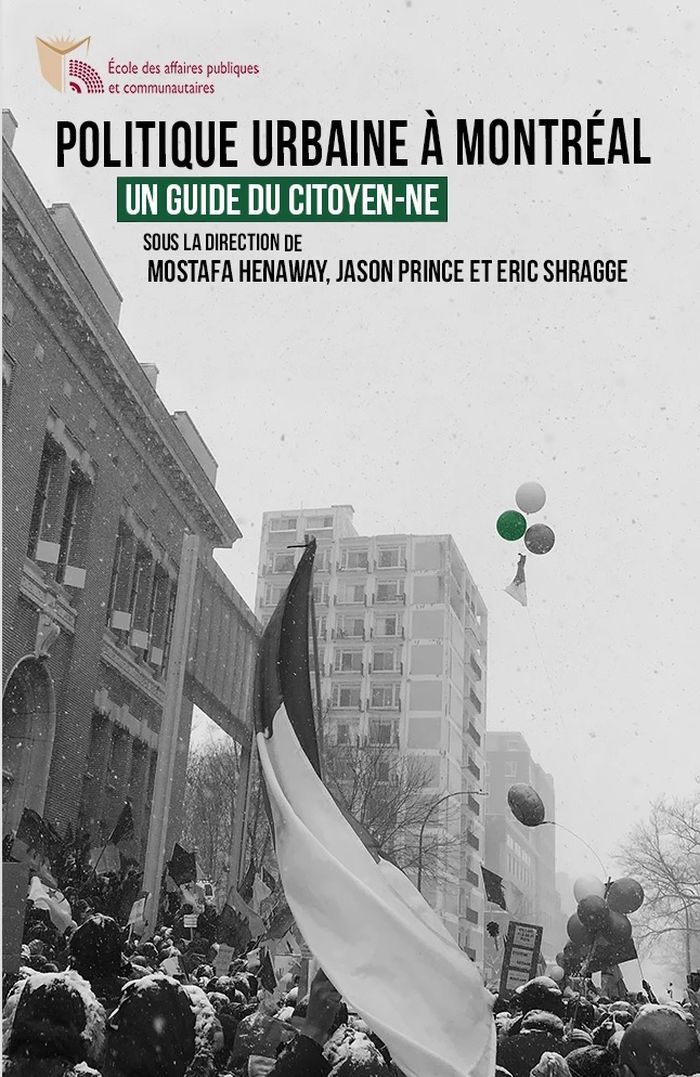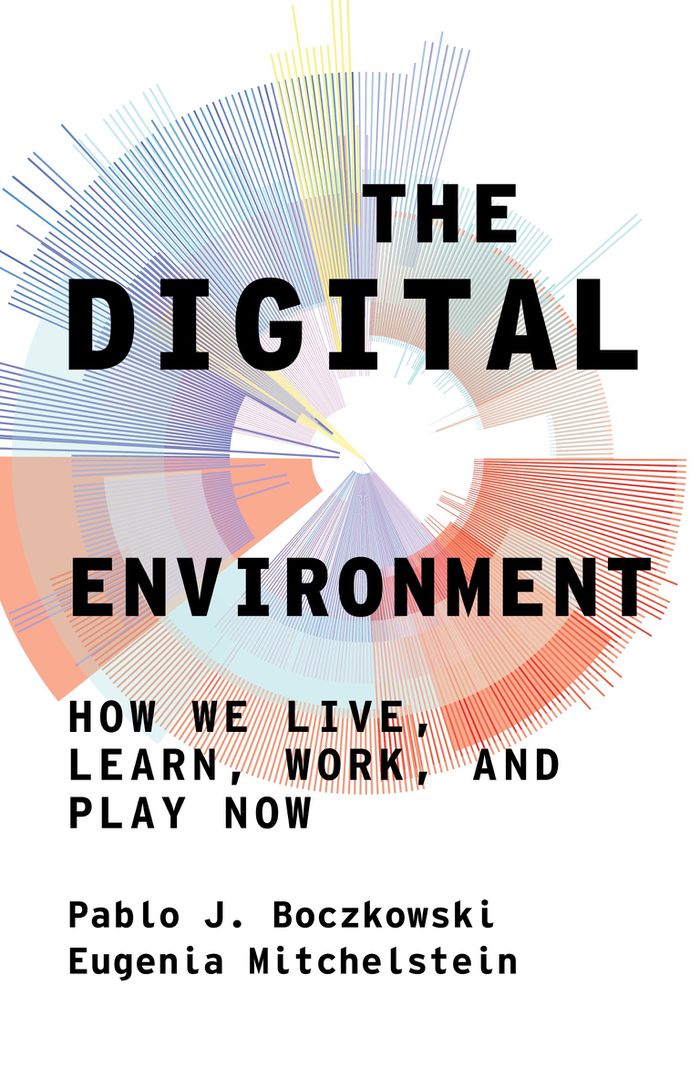$35.95
(disponible sur commande)
Résumé:
Postmodernism stood for everything modernism rejected: fun, exuberance, irresponsibility. But beneath its glitzy surface, postmodernism had a dirty secret: it was the fig leaf for a rapacious new kind of capitalism. It was the forcing ground of ''post truth,'' by means of which western values were turned upside down. But where do these ideas come from and how have they(...)
Everything all the time, everywhere: How we became Postmodern
Actions:
Prix:
$35.95
(disponible sur commande)
Résumé:
Postmodernism stood for everything modernism rejected: fun, exuberance, irresponsibility. But beneath its glitzy surface, postmodernism had a dirty secret: it was the fig leaf for a rapacious new kind of capitalism. It was the forcing ground of ''post truth,'' by means of which western values were turned upside down. But where do these ideas come from and how have they impacted on the world? In this brilliant history of a dangerous idea, Stuart Jeffries tells a narrative that starts in the early 1970s and still dominates our lives today. He tells this history through a riotous gallery that includes, among others: David Bowie, the iPod, Madonna, Jeff Koons’s the Nixon Shock, Judith Butler, Las Vegas, Margaret Thatcher, Grand Master Flash, I Love Dick, the RAND Corporation, the Sex Pistols, Princess Diana, Grand Theft Auto, Jean Baudrillard, Netflix, and 9/11. We are today scarcely capable of conceiving politics as a communal activity because we have become habituated to being consumers rather than citizens. Politicians treat us as consumers to whom they must deliver. Can we do anything other than suffer from buyer’s remorse?
Social
On tyranny, graphic edition
$22.99
(disponible sur commande)
Résumé:
Timothy Snyder’s New York Times bestseller 'On Tyranny' uses the darkest moments in twentieth-century history, from Nazism to Communism, to teach twenty lessons on resisting modern-day authoritarianism. In this graphic edition, Nora Krug draws from her highly inventive art style - at once a graphic memoir, collage-style scrapbook, historical narrative, and trove of(...)
On tyranny, graphic edition
Actions:
Prix:
$22.99
(disponible sur commande)
Résumé:
Timothy Snyder’s New York Times bestseller 'On Tyranny' uses the darkest moments in twentieth-century history, from Nazism to Communism, to teach twenty lessons on resisting modern-day authoritarianism. In this graphic edition, Nora Krug draws from her highly inventive art style - at once a graphic memoir, collage-style scrapbook, historical narrative, and trove of memories - to breathe new life, color, and power into Snyder’s riveting historical references, turning a quick-read pocket guide of lessons into a visually striking rumination. In a time of great uncertainty and instability, this edition of 'On Tyranny' emphasizes the importance of being active, conscious, and deliberate participants in resistance.
Social
$32.00
(disponible sur commande)
Résumé:
Drawing on a vast range of material, from critical theory to pop culture to the intimacies and plain exchanges of daily life, Nelson explores how we might think, experience, or talk about freedom in ways responsive to the conditions of our day. Her abiding interest lies in ongoing 'practices of freedom' by which we negotiate our interrelation with-- indeed, our(...)
On freedom: four songs of care and constraint
Actions:
Prix:
$32.00
(disponible sur commande)
Résumé:
Drawing on a vast range of material, from critical theory to pop culture to the intimacies and plain exchanges of daily life, Nelson explores how we might think, experience, or talk about freedom in ways responsive to the conditions of our day. Her abiding interest lies in ongoing 'practices of freedom' by which we negotiate our interrelation with-- indeed, our inseparability from -- others, with all the care and constraint that relation entails, while accepting difference and conflict as integral to our communion. For Nelson, thinking publicly through the knots in our culture -- from recent art world debates to the turbulent legacies of sexual liberation, from the painful paradoxes of addiction to the lure of despair in the face of the climate crisis -- is itself a practice of freedom, a means of forging fortitude, courage, and company.
Social
$24.99
(disponible sur commande)
Résumé:
World cities face persistent tension between the pull of globalization and the needs of citizens. Conventional political parties present milquetoast solutions that accommodate the interests of business. Meanwhile, citizens in cafes, meeting halls, on the streets, and now in virtual forums are rising to the challenge of imagining new and radical municipal policy from the(...)
septembre 2021
A citizen's guide to city politics: Montreal
Actions:
Prix:
$24.99
(disponible sur commande)
Résumé:
World cities face persistent tension between the pull of globalization and the needs of citizens. Conventional political parties present milquetoast solutions that accommodate the interests of business. Meanwhile, citizens in cafes, meeting halls, on the streets, and now in virtual forums are rising to the challenge of imagining new and radical municipal policy from the ground up. This book explores the future of Montreal’s citizens’ movements at a moment defined by the threats of pandemic, austerity, housing speculation and insecurity, and racism. It pairs contemporary analysis with an exploration of Montreal’s rich municipal history. The editors of 'A Citizen’s Guide to City Politics' gathered more than twenty activists, urban planners, and thinkers to address the major problems facing Montrealers and propose alternatives from a citizen's perspective. Municipal movements everywhere will see their own struggles reflected in this guide and will find inspiration for debate and action.
Black futures
$34.00
(disponible sur commande)
Résumé:
What does it mean to be Black and alive right now? Kimberly Drew and Jenna Wortham have brought together this collection of work—images, photos, essays, memes, dialogues, recipes, tweets, poetry, and more—to tell the story of the radical, imaginative, provocative, and gorgeous world that Black creators are bringing forth today. The book presents a succession of startling(...)
Black futures
Actions:
Prix:
$34.00
(disponible sur commande)
Résumé:
What does it mean to be Black and alive right now? Kimberly Drew and Jenna Wortham have brought together this collection of work—images, photos, essays, memes, dialogues, recipes, tweets, poetry, and more—to tell the story of the radical, imaginative, provocative, and gorgeous world that Black creators are bringing forth today. The book presents a succession of startling and beautiful pieces that generate an entrancing rhythm: Readers will go from conversations with activists and academics to memes and Instagram posts, from powerful essays to dazzling paintings and insightful infographics. In answering the question of what it means to be Black and alive, ''Black futures'' opens a prismatic vision of possibility for every reader.
Social
$32.95
(disponible sur commande)
Résumé:
Canada is a bounded land – a nation situated between rock and cold to the north and a border to the south. Cole Harris traces how society was reorganized – for Indigenous and non-Indigenous people alike – when Europeans resettled this distinctive land. Through a series of vignettes that focus on people’s experiences on the ground, he exposes the underlying architecture of(...)
A bounded land: reflections on settler colonialism in Canada
Actions:
Prix:
$32.95
(disponible sur commande)
Résumé:
Canada is a bounded land – a nation situated between rock and cold to the north and a border to the south. Cole Harris traces how society was reorganized – for Indigenous and non-Indigenous people alike – when Europeans resettled this distinctive land. Through a series of vignettes that focus on people’s experiences on the ground, he exposes the underlying architecture of colonialism, from first contacts, to the immigrant experience in early Canada, to the dispossession of First Nations. In the process, he unearths fresh insights on the influence of Indigenous peoples and argues that Canada’s boundedness is ultimately drawing it toward its Indigenous roots.
Social
For a new georgraphy
$38.99
(disponible sur commande)
Résumé:
Originally published in 1978 in Portuguese, ''For a new geography'' is a milestone in the history of critical geography, and it marked the emergence of its author, Milton Santos (1926-2001), as a major interpreter of geographical thought, a prominent Afro-Brazilian public intellectual, and one of the foremost global theorists of space. Published in the midst of a(...)
For a new georgraphy
Actions:
Prix:
$38.99
(disponible sur commande)
Résumé:
Originally published in 1978 in Portuguese, ''For a new geography'' is a milestone in the history of critical geography, and it marked the emergence of its author, Milton Santos (1926-2001), as a major interpreter of geographical thought, a prominent Afro-Brazilian public intellectual, and one of the foremost global theorists of space. Published in the midst of a crisis in geographical thought, ''For a new geography'' functioned as a bridge between geography's past and its future. In advancing his vision of a geography of action and liberation, Santos begins by turning to the roots of modern geography and its colonial legacies. Moving from a critique of the shortcomings of geography from the field's foundations as a modern science to the outline of a new field of critical geography, he sets forth both an ontology of space and a methodology for geography. In so doing, he introduces novel theoretical categories to the analysis of space. It is, in short, both a critique of the Northern, Anglo-centric discipline from within and a systematic critique of its flaws and assumptions from outside. Critical geography has developed in the past four decades into a heterogenous and creative field of enquiry. Though accruing a set of theoretical touchstones in the process, it has become detached from a longer and broader history of geographical thought. ''For a new geography'' reconciles these divergent histories. Arriving in English at a time of renewed interest in alternative geographical traditions and the history of radical geography, it takes its place in the canonical works of critical geography.
Social
$24.99
(disponible en magasin)
Résumé:
Les villes du monde sont confrontées à une tension persistante entre l'attrait de la mondialisation et les besoins des citoyen.ne.s. Les partis politiques conventionnels présentent des solutions banales qui répondent aux intérêts des entreprises. Parallèlement, les citoyen.ne.s, dans les cafés, les salles de réunion, dans la rue et maintenant dans les forums virtuels,(...)
septembre 2021
Politique urbaine à Montréal: un guide de citoyen-ne
Actions:
Prix:
$24.99
(disponible en magasin)
Résumé:
Les villes du monde sont confrontées à une tension persistante entre l'attrait de la mondialisation et les besoins des citoyen.ne.s. Les partis politiques conventionnels présentent des solutions banales qui répondent aux intérêts des entreprises. Parallèlement, les citoyen.ne.s, dans les cafés, les salles de réunion, dans la rue et maintenant dans les forums virtuels, relèvent le défi d'imaginer une politique municipale nouvelle et radicale à partir de la base. Ce livre explore l'avenir des mouvements citoyen.ne.s de Montréal à un moment défini par les menaces de pandémie, d'austérité, de spéculation et d'insécurité du logement, et de racisme. Il associe une analyse contemporaine à une exploration de la riche histoire municipale de Montréal. Les éditeurs de ''Un guide du citoyen-ne'' ont réuni plus d'une vingtaine de militant.e.s, d'urbanistes et de penseur.euse.s pour aborder les principaux problèmes auxquels les Montréalais.e.s sont confrontés et proposer des alternatives dans une perspective citoyenne. Les mouvements municipaux de partout verront leurs propres luttes reflétées dans ce guide et y trouveront une inspiration pour le débat et l'action.
$33.95
(disponible sur commande)
Résumé:
Increasingly we live through our personal screens; we work, play, socialize, and learn digitally. The shift to remote everything during the pandemic was another step in a decades-long march toward the digitization of everyday life made possible by innovations in media, information, and communication technology. In "The Digital Environment," Pablo Boczkowski and Eugenia(...)
The digital environment: How we live, learn, work and play now
Actions:
Prix:
$33.95
(disponible sur commande)
Résumé:
Increasingly we live through our personal screens; we work, play, socialize, and learn digitally. The shift to remote everything during the pandemic was another step in a decades-long march toward the digitization of everyday life made possible by innovations in media, information, and communication technology. In "The Digital Environment," Pablo Boczkowski and Eugenia Mitchelstein offer a new way to understand the role of the digital in our daily lives, calling on us to turn our attention from our discrete devices and apps to the array of artifacts and practices that make up the digital environment that envelops every aspect of our social experience. Boczkowski and Mitchelstein explore a series of issues raised by the digital takeover of everyday life, drawing on interviews with a variety of experts. They show how existing inequities of gender, race, ethnicity, education, and class are baked into the design and deployment of technology, and describe emancipatory practices that counter this–including the use of Twitter as a platform for activism through such hashtags as #BlackLivesMatter and #MeToo. They discuss the digitization of parenting, schooling, and dating–noting, among other things, that today we can both begin and end relationships online. They describe how digital media shape our consumption of sports, entertainment, and news, and consider the dynamics of political campaigns, disinformation, and social activism. Finally, they report on developments in three areas that will be key to our digital future: data science, virtual reality, and space exploration.
Social
$36.95
(disponible sur commande)
Résumé:
''Cultures of contagion'' recounts episodes in the history of contagions, from ancient times to the twenty-first century. It considers contagion not only in the medical sense but also as a process, a metaphor, and an interpretive model–as a term that describes not only the transmission of a virus but also the propagation of a phenomenon. The authors describe a wide range(...)
Cultures of contagion: A glossary
Actions:
Prix:
$36.95
(disponible sur commande)
Résumé:
''Cultures of contagion'' recounts episodes in the history of contagions, from ancient times to the twenty-first century. It considers contagion not only in the medical sense but also as a process, a metaphor, and an interpretive model–as a term that describes not only the transmission of a virus but also the propagation of a phenomenon. The authors describe a wide range of social, cultural, political, and anthropological instances through the prism of contagion–from anti-Semitism to migration, from the nuclear contamination of the planet to the violence of Mao’s Red Guard. The book proceeds glossary style, with a series of short texts arranged alphabetically, beginning with an entry on aluminum and ''environmental contagion'' and ending with a discussion of writing and ''textual resemblance'' caused by influence, imitation, borrowing, and plagiarism. The authors–leading scholars associated with the Center for Historical Research (CRH, Centre de recherches historiques), Paris–consider such topics as the connection between contagion and suggestion, ''waltzmania'' in post-Terror Paris, the effect of reading on sensitive imaginations, and the contagiousness of yawning. They take two distinct approaches: either examining contagion and what it signified contemporaneously, or deploying contagion as an interpretive tool. Both perspectives illuminate unexpected connections, unnoticed configurations, and invisible interactions.
Social

